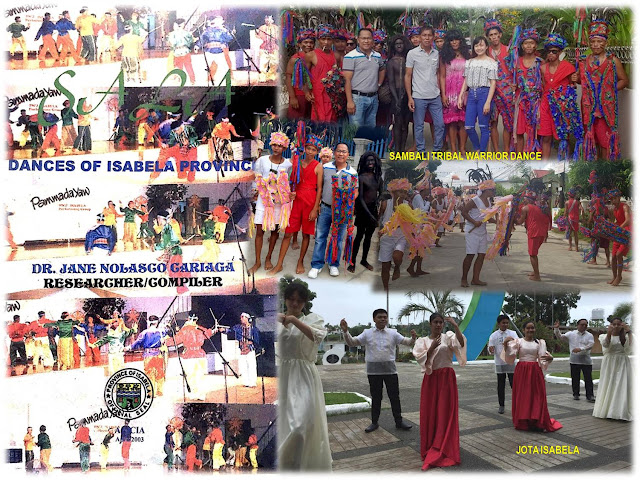136. THE COMMUNITY PANTRY PHENOMENON
Dr. Troy Alexander Gozum Miano
26 June 2021
This phenomenon was initiated by 26-year-old Ana Patricia Non at Maginhawa Community Pantry in Quezon City. Her simple act of kindness sparked a nationwide movement. More and more community pantry sprouted in the metropolis and in the countryside. A handwritten slogan can be spotted on cardboard posters at stalls: “Give according to your means, take according to your need.” Free items such as rice, vegetables, canned goods and even facemasks benefitted numerous Filipinos around the country.
In Isabela province, numerous groups including socio-civic organizations and some government employees started their own pantry. Grocery items (patis, toyo, bagoong at iba pa), bread, instant noodles, poultry products, medicines and even Lola Remedios food supplement syrup plus the mobile lugaw foodbank of Cauayan made up the community pantry. The provincial capitol distributed donated goods at past office hour for over a month. In my hometown Cabatuan, private citizens Judith Cabacungan and Joseph Agtarap started the act of selflessness. My friend Devine Grace M. Ganotice from Nueva Era also started her own including the employees from the Treasury Office. Believing in this worthwhile endeavor, my wife and I also contributed and shared trays of eggs and sacks of vegetables.
Unfortunately for the Maginhawa Community Pantry initiator, she was red-tagged by the Quezon City Police District (QCPD) and the National Task Force to End Local Communist Armed Conflict (NTF-ELCAC) forcing her to close the free food store. QCPD and NTF-ELCAC claimed without evidence that the makeshift pantries are being used by communist groups for their propaganda. Ana Patricia Non said, “We’ll temporarily shut down our operations for the safety of our volunteers. This is disheartening because we will be unable to distribute the goods that we prepared the whole day due to red-tagging.” The baseless accusations became trending in social media. Indeed a sad day to the world of volunteerism.
Andrea Chloe Wong of the lowyinstitute.org posted: “The community pantry in the Philippines has come to represent not only an expression of compassion for the poor, but a political statement against the state – a symbol of national solidarity in a country struggling to survive the pandemic.”
“The double economic burden of job losses and rising prices of commodities has afflicted the Philippines, which has yet to recover from one of the world’s longest and strictest Covid-19 lockdowns. Goods from community pantries can therefore mean the difference between life and death for many Filipinos. Most contributions flow from the rich and the middle class. But people who are struggling financially are also donating what little cash or groceries they can share. Some even come from rural areas to give – fishermen give away their catch while farmers donate baskets of their produce.”
“Community pantries not only exhibit generosity, they also demonstrate respect and consideration for others. Most of those who line up for hours take just enough for themselves and their families, mindful that others behind them are also in need. There is no sign of the type of hoarding that was evident in supermarkets across the world at the onset of the pandemic. Instead, the system is built on what Filipino sociologist Randy David describes as “faceless giving and discreet receiving”. The community pantry, David says, “offers no space for the self-promotion and obligatory acknowledgments that usually accompany the mass distribution of emergency assistance”.
We, Filipinos are generous people. Even when we have very little, we always share with those around us. When a neighbor is in trouble, we are always ready to help them. When the country is in need, we forget our indifferences and attend to our brothers and sisters. Generosity and helpfulness are the basic ingredients of the community pantry phenomenon. Let this trend be a lasting practice not only within the Filipino communities but around the globe.




Mga Komento
Mag-post ng isang Komento